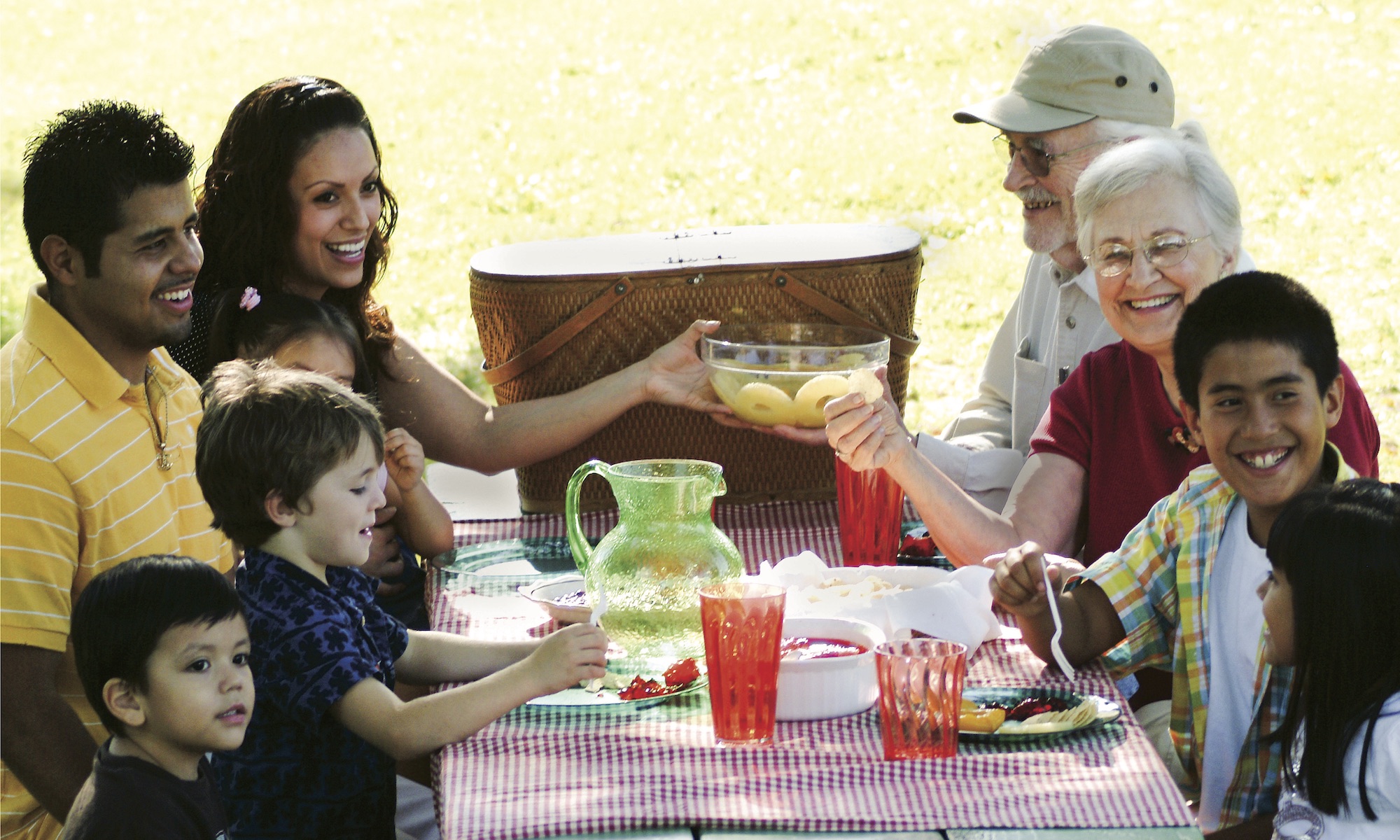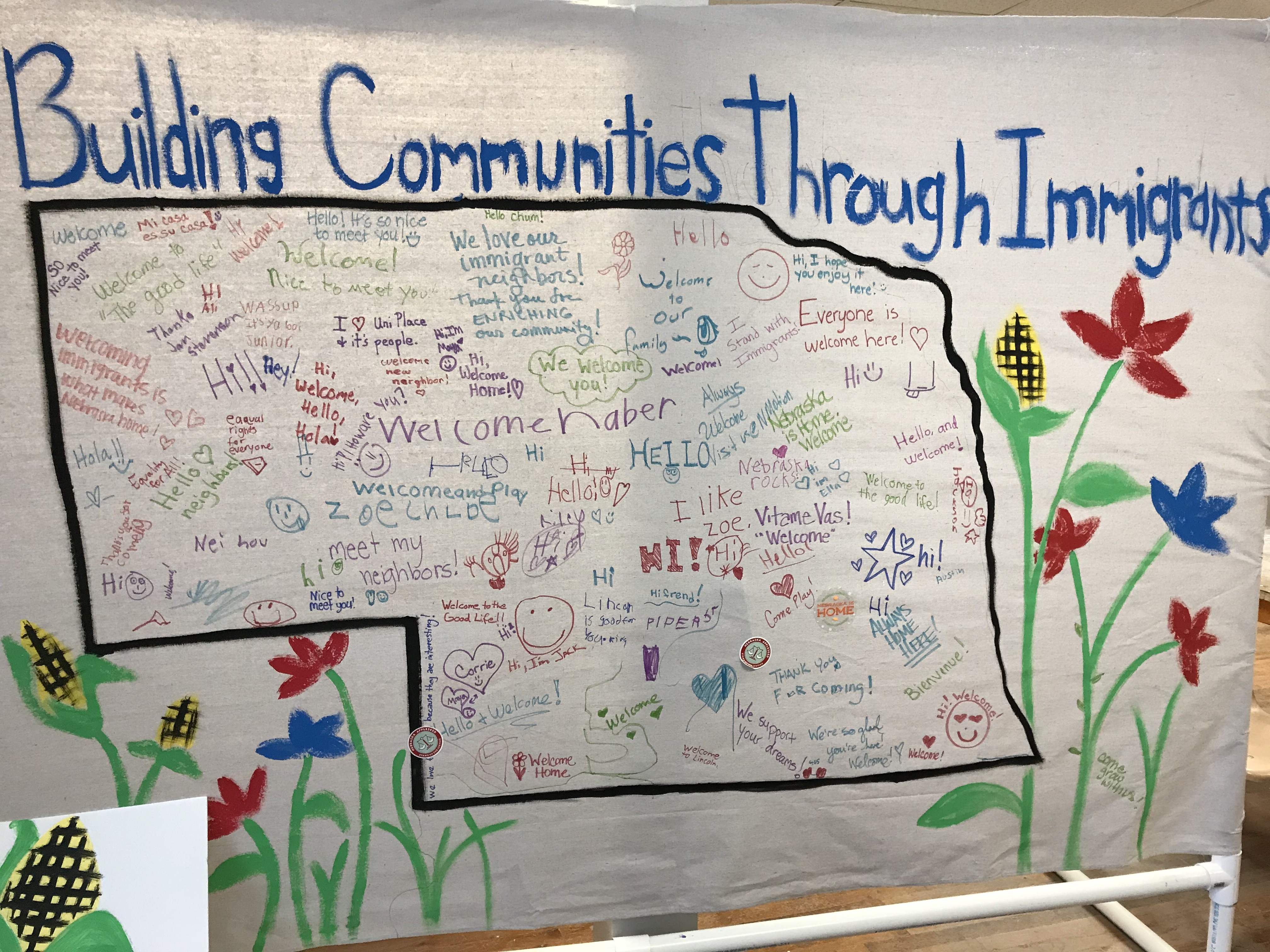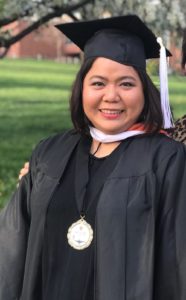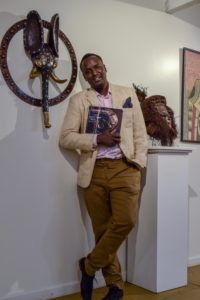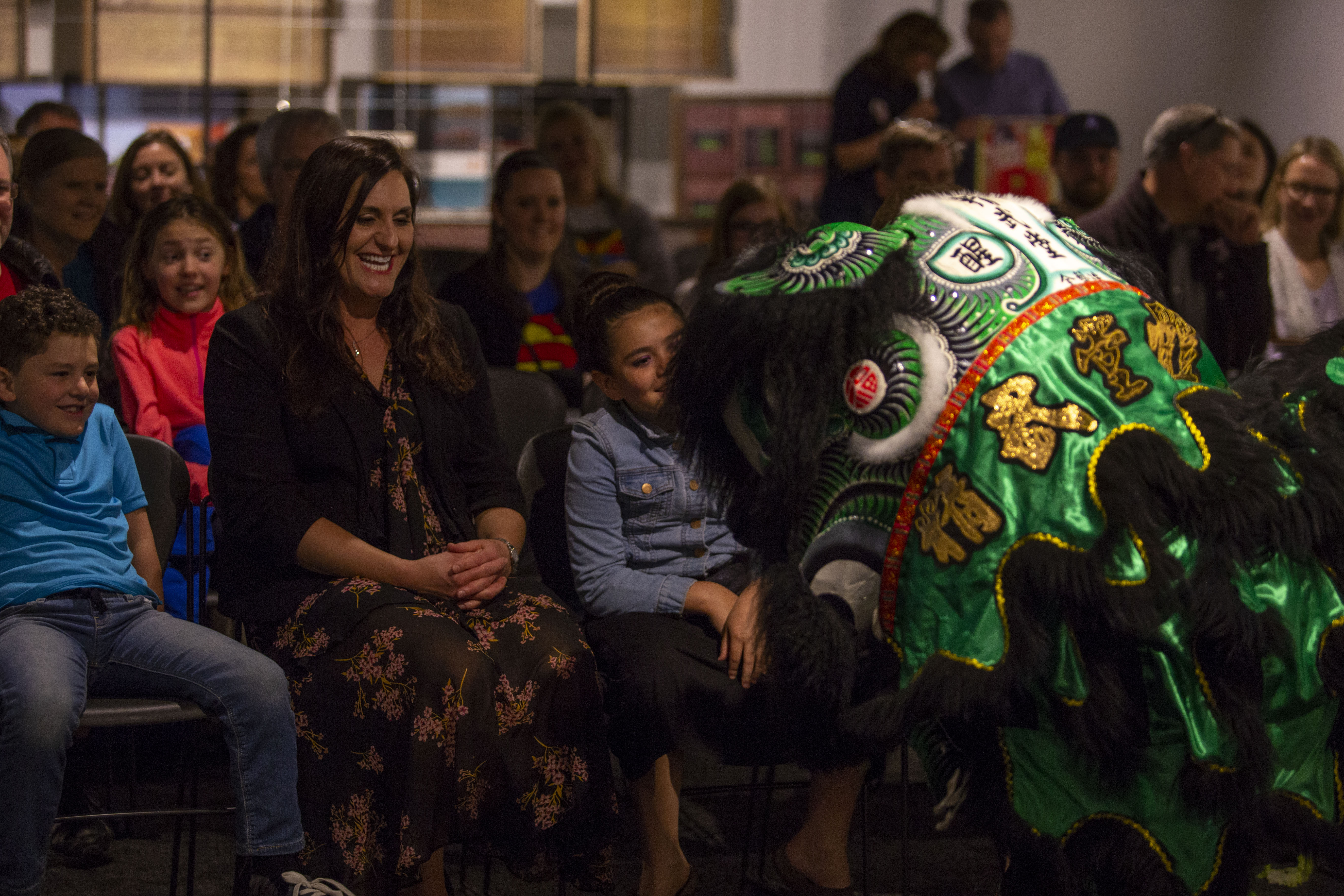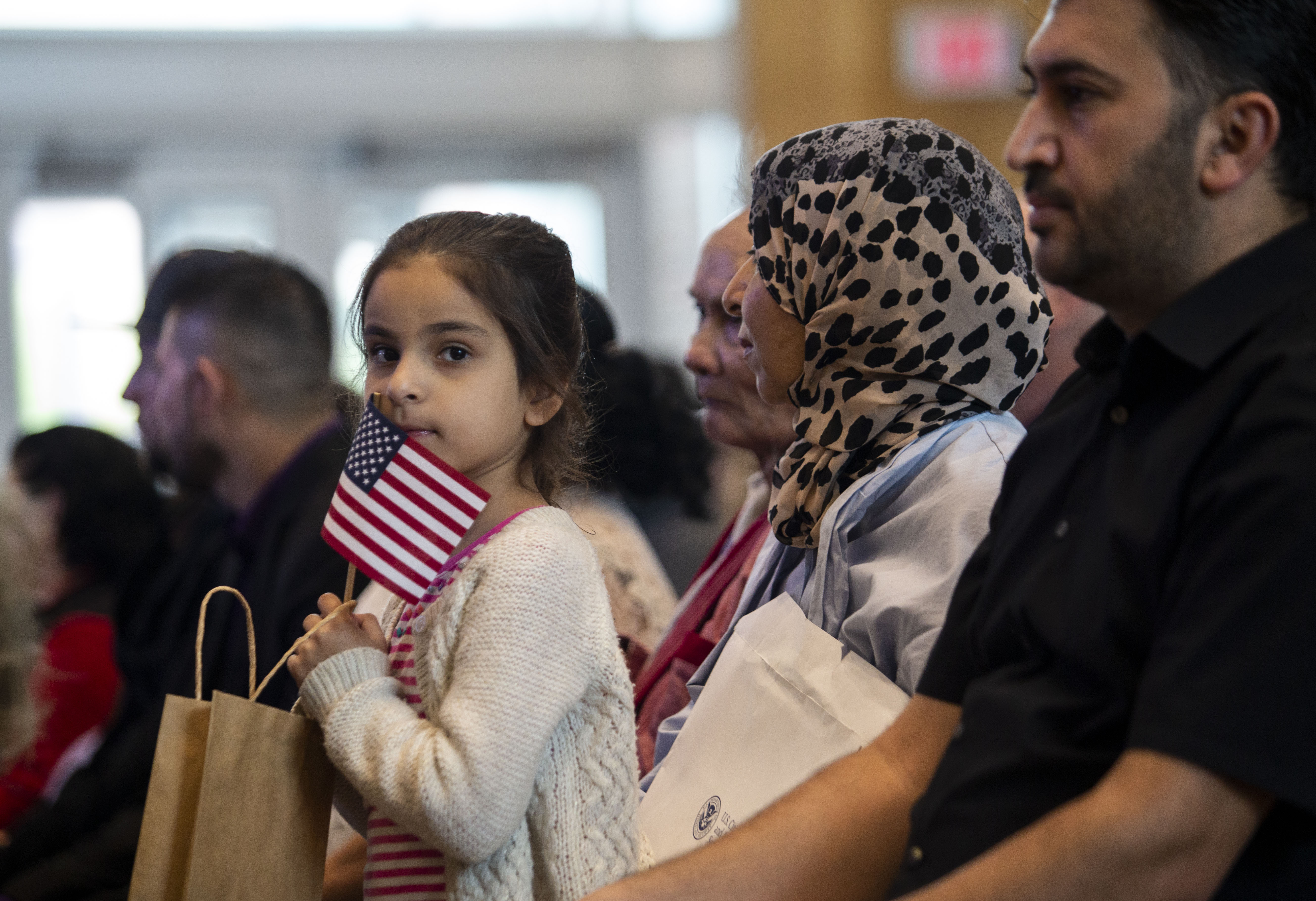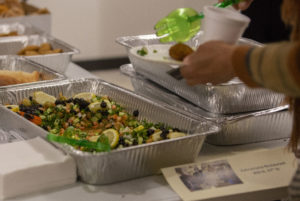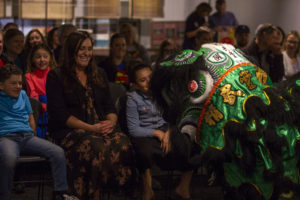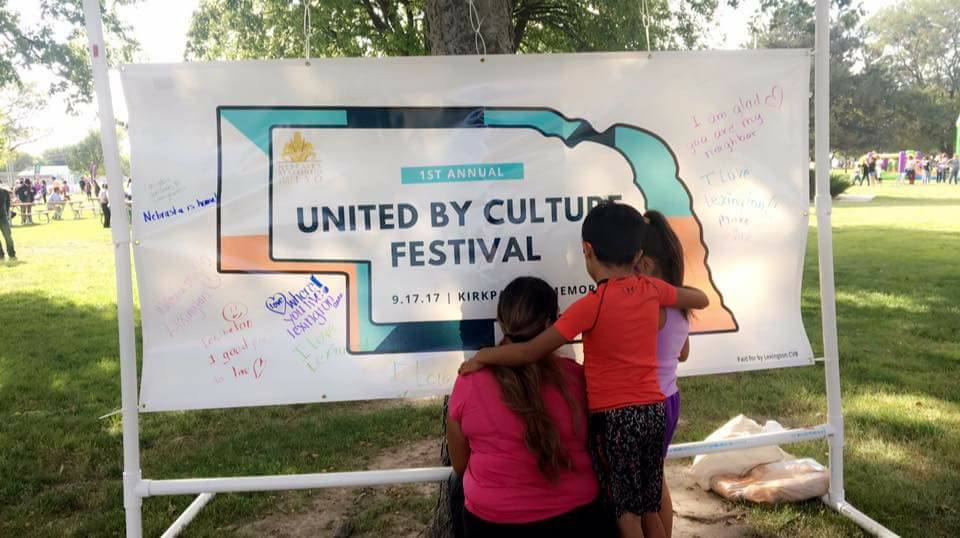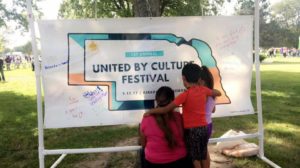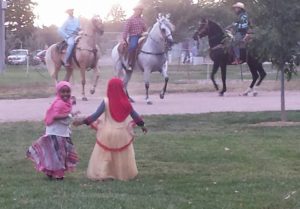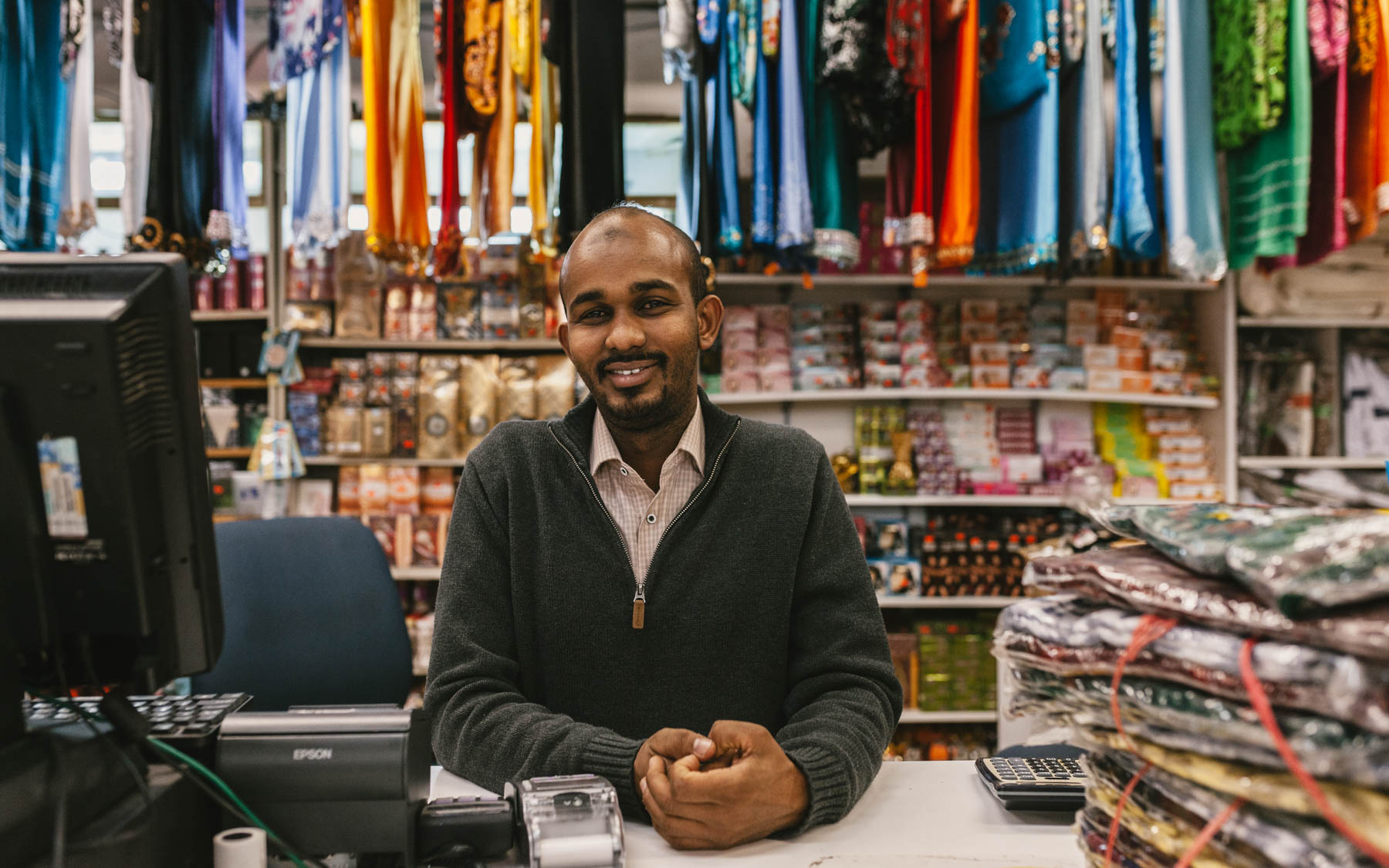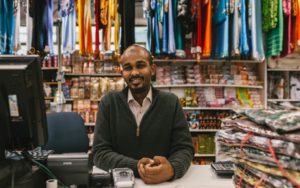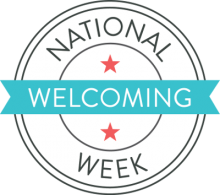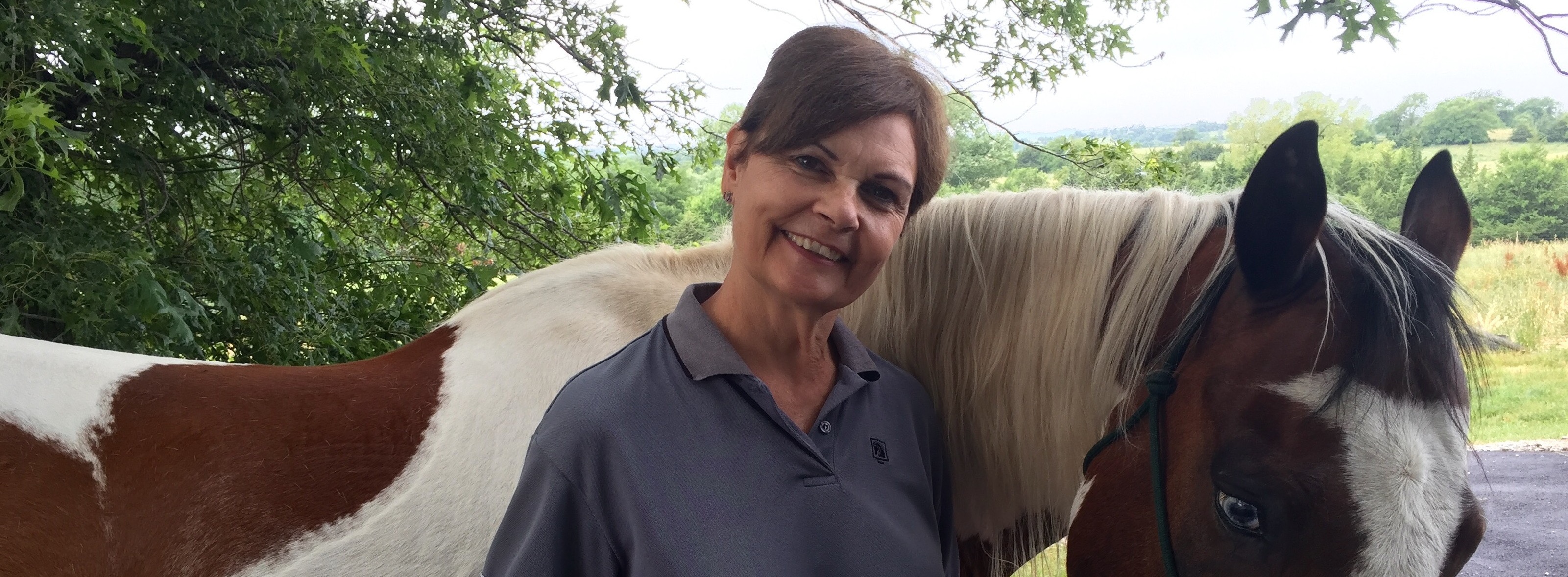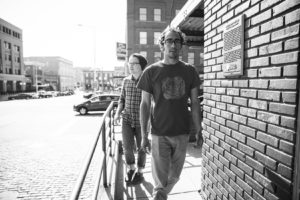Note: This is a post from Nebraska Is Home intern Adoni Faxas.
June is Immigrant Heritage Month. Throughout the month, we’ll be celebrating both our diversity and our shared American heritage by telling the stories of individuals that, together, comprise a uniquely American narrative.
I believe that America was a land of immigrants, and people can come. I think, “Why do we have label people like this?” I think everyone should be allowed to come to the United States, but very few people think that. I think it’s the land of the free and the home of the brave and people should be able to be allowed to come when they want.
I am a Hispanic/Latina, that’s how I identify with myself. I’m proud of my mom and my grandma and what they had to put up with. I realize now that it wasn’t an easy life for my mom and she had a lot of prejudices here, as we all do, some more than others.
Heritage: Mexican-American
Identities: Hispanic/Latina
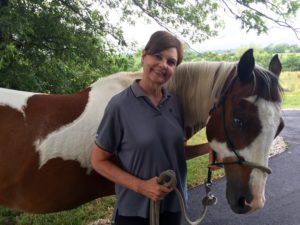
It started with my mom when she passed away in June, four years ago. While we were going through her things, we discovered trunks, and inside of these trunks were documents, photographs, and letters. I didn’t really recognize the enormity and the value that I had at that time, but I wanted to preserve it for my own’s sake, so I grabbed as much as I could. I had all of those letters from my grandma and from the relatives from Mexico that I was curious as to what they said. No one seemed really excited about it, and then I emailed Dr. Lola Lorenzo, who’s the adviser for the Spanish major, at the University of Nebraska-Lincoln, and she got me in touch with Dr. Isabel Velázquez, a Spanish professor at UNL. From there I met with Dr. Isabel and Kate Walters, the head of the Center for Digital Research in the Humanities at UNL (CDRH). They came out to my house and they kind of saw what I had and they were really interested in the letters.
My grandmother was always a puzzle, and my mom was always kind of a puzzle too, because she would never talk about where she came from. Every time I would ask who her dad was, she still wouldn’t wouldn’t say a thing about who her father was or anything, she would just always give the thumbs down signal. The caregivers who took care of her actually got her to write down a little bit of information on like a little story. My grandmother’s name, as I always knew it was, Jesusita Barros Torres, and I knew my grandmother’s maiden name was Flemate. And so my mom and my uncle’s last name never changed. My mom and my uncle were always Baros, and then we just got to be more curious where my grandma came from too. Now, I know that my grandmother’s original name was Liboria Flemate, and she was born July 15th, 1896. Among the documents that I have, she had listed her name differently as Jesusita Flemate. We still don’t know where Jesusita came from or why she decided to change her name. She was married and had two kids. At some time Jesusita must’ve gotten pregnant again with my mom, and she was born October 30th, 1921, in Zacatecas, Mexico, and my grandma must’ve come up to the U.S. some time between 1921 and 1926. My grandma swam across the Rio Grande River with Santos and Jess, my mom and my uncle, on her back and that’s how she ended up getting into the U.S.
Now, I see and understand the amount of courage it took my grandma to come up here all by herself, not knowing the language, not knowing anybody, coming into a foreign country, and having to leave her whole family behind. For me it’s like, “Would I have done that, would I have had the courage to do that?” I don’t know. It was all for a better life for her children. My mom and my uncle were able to go to grade school and also went to junior high. Afterwards they started following the migrant sugar beet path and they left Albuquerque, NM all of a sudden to go to Wyoming and then to Denver. My mom by then had gotten a job and was out of school. She started working for the railroad and my grandma worked for the railroad. My grandma later ended up in Ft. Lupton, Colorado and was able to buy a lot there. My mom met my dad in Denver at a dance and they got married in 1946. My dad and my mom moved back to Lincoln, Nebraska, where my mom ended up moving in with my paternal grandparents.
I think it’s really neat to know all of this stuff.
I acknowledge that both my grandma and mother came to this country as undocumented immigrants and that’s where I come from. My mom being in southeastern Nebraska and even how she was able to live with people that she didn’t know. She changed her name from Santos to Sandra, so when she would go back to Colorado, she would be Santos, but when she’s over here in southeastern Nebraska, she’s Sandra. My mom at that moment was becoming acculturated being with my dad. They loved each other very much. She married my dad, who is a U.S. citizen. My dad, before he retired from the Burlington, he did all of this documentation to get her her own social security, her own I.D., and her own railroad retirement number.
She got her Social Security number and she got everything else, and so she was taken care of for the rest of her life, and my dad didn’t have to worry for when she passed away. My grandma became a U.S. citizen. It took her 9 years and it was quite a struggle with the INS back then. She started in the 1950s and she didn’t succeed until 1964. She received her citizenship papers and was able to go back down to Mexico to finally seen her kids that she left down there 40 years ago. She had left these kids and she never saw them again for 40 years, which I thought was “Wow, that’s amazing!”
I believe that America was a land of immigrants, and people can come. I think, “Why do we to have label people like this?” I think everyone should be allowed to come to the United States, but very few people think that. I think it’s the land of the free and the home of the brave and people should be able to be allowed to come when they want.
I am a Hispanic/Latina, that’s how I identify with myself. I’m proud of my mom and my grandma and what they had to put up with. I realize now that it wasn’t an easy life for my mom and she had a lot of prejudices here, as we all do, some more than others.
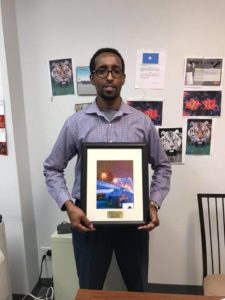 After moving to Nebraska from Somalia, Mohamed joined many other immigrants who found work in a meatpacking plant near South Sioux City.
After moving to Nebraska from Somalia, Mohamed joined many other immigrants who found work in a meatpacking plant near South Sioux City.